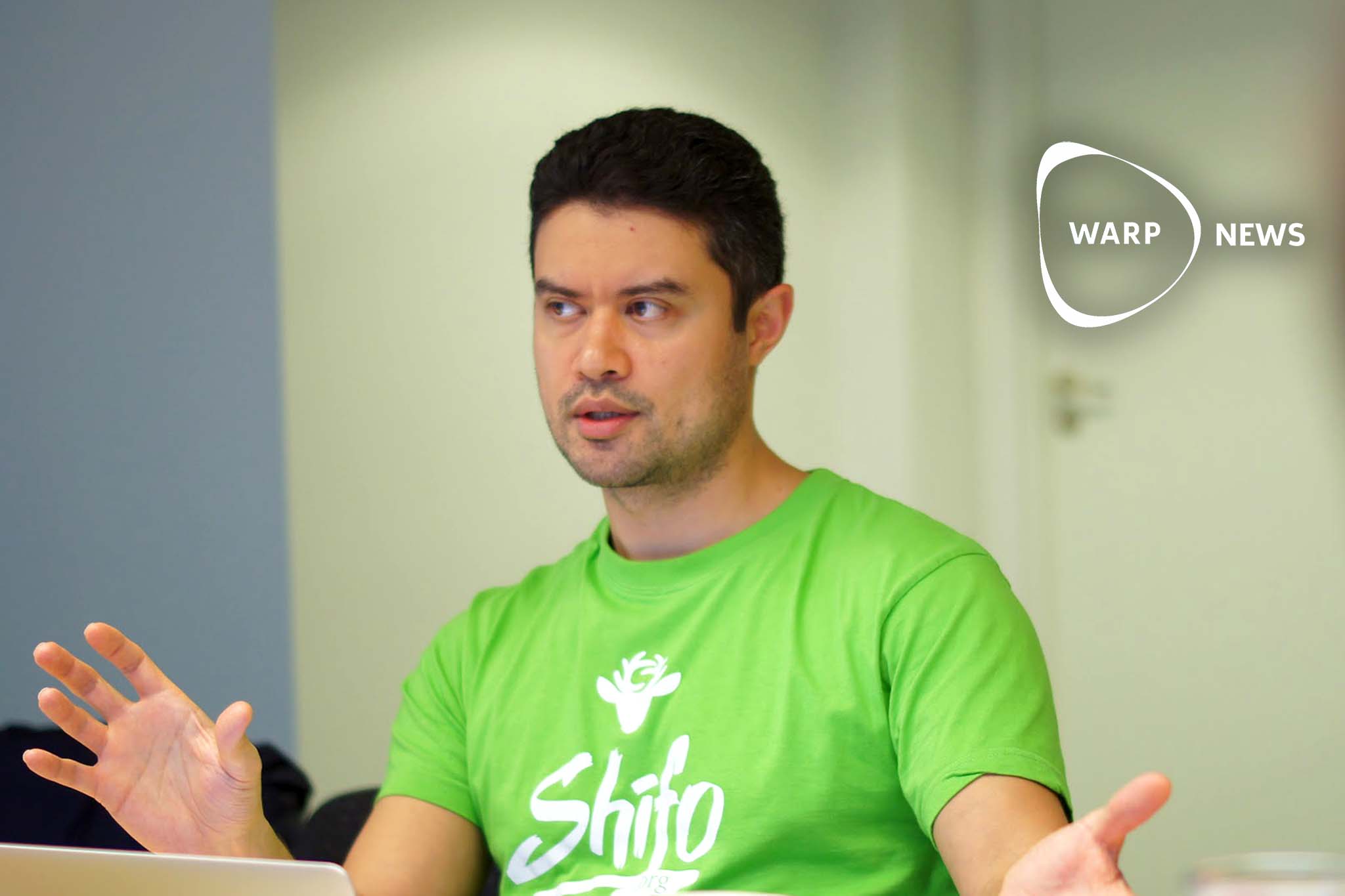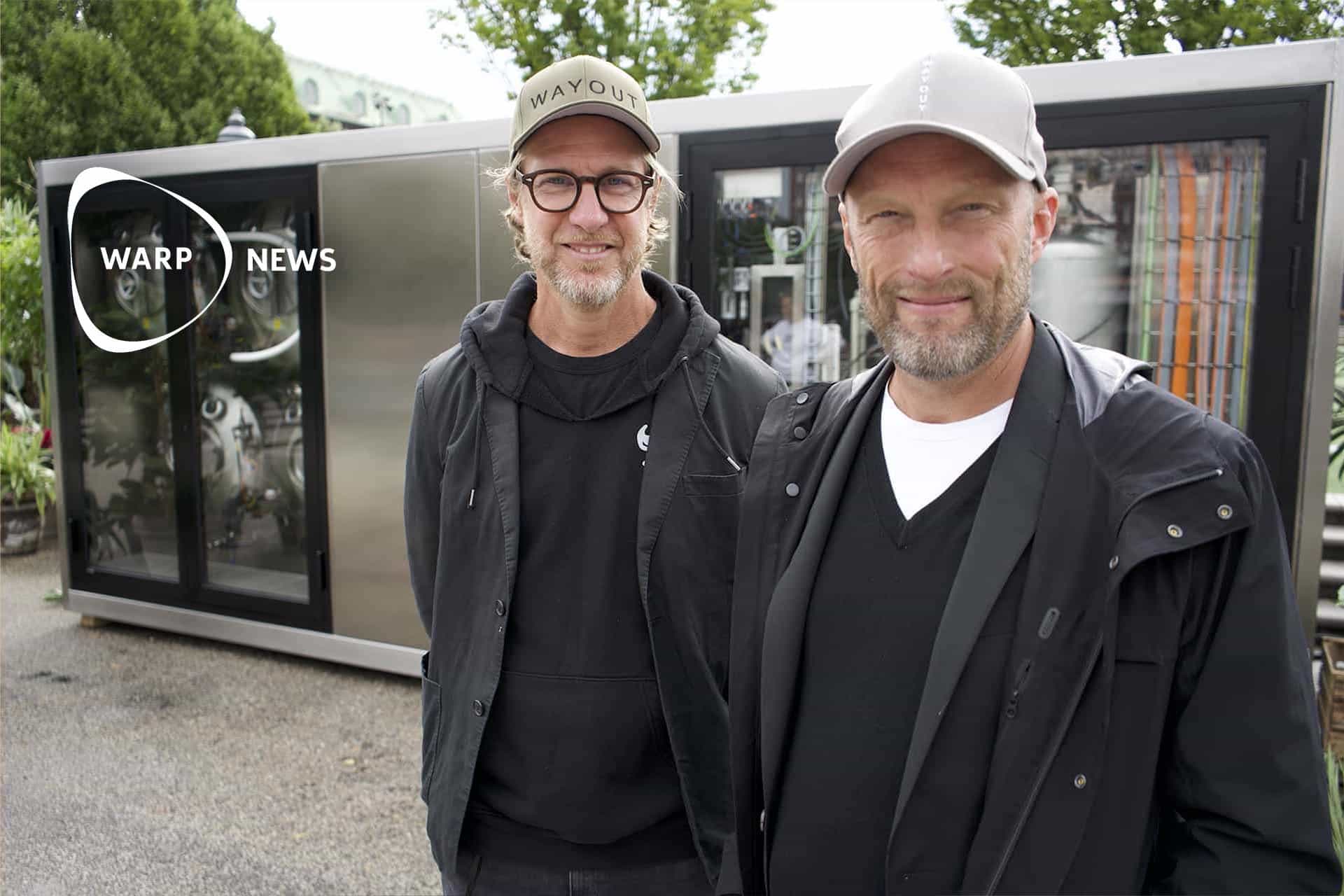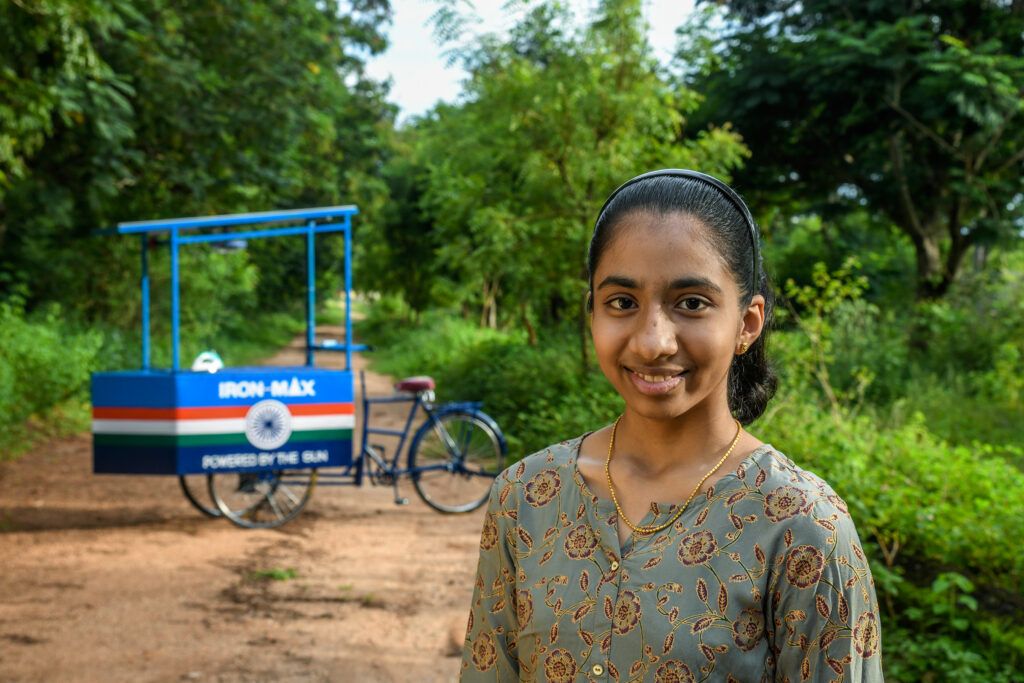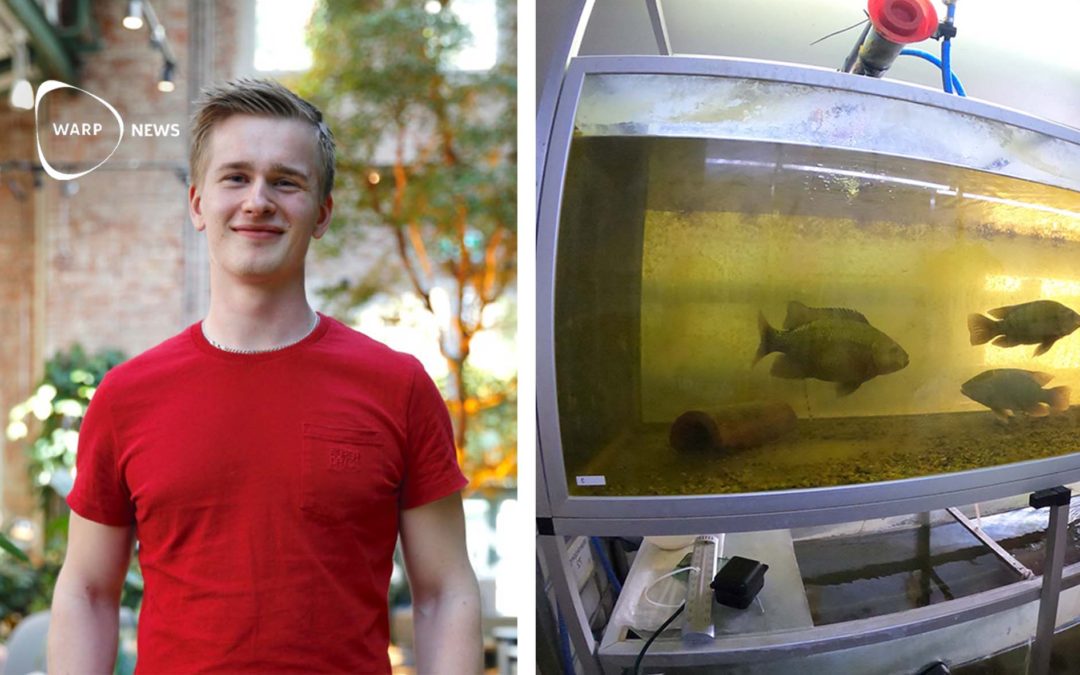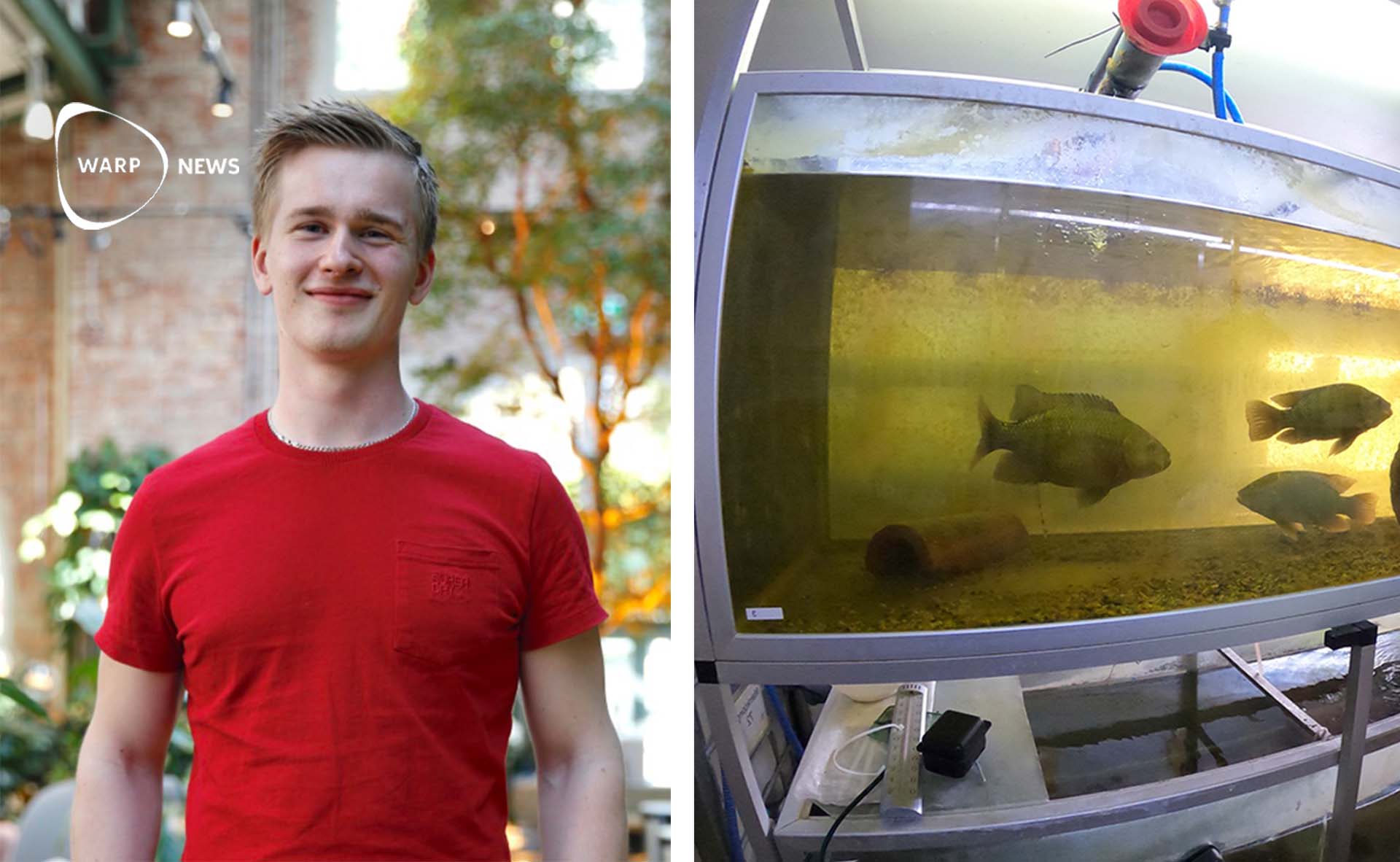
Mattias Djurstedt grew up on a farm in Småland, in the south of Sweden. When he went to Vimmerby gymnasium, he realized that entrepreneurship and science were most interesting.
After high school, he headed up north to Örebro University and the life sciences program with a focus on entrepreneurship.
"It was a fantastic experience for me that resulted in a bachelor's degree. I learned an enormous amount about entrepreneurship and how to actually commercialize innovations, especially in biology," says Mattias Djurstedt.
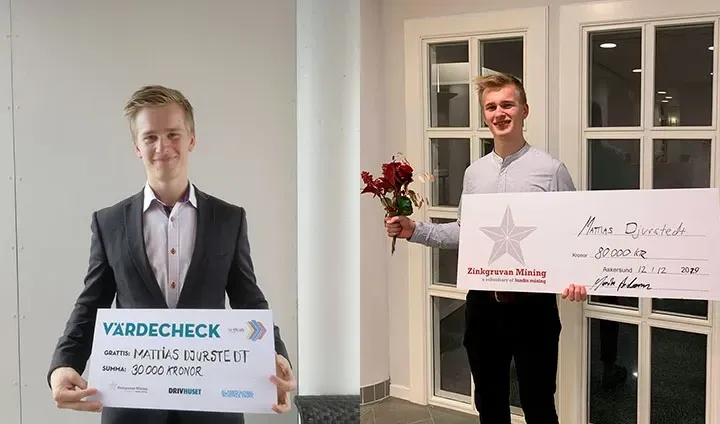
Sustainable technology for growing fish and shrimp on land
During his studies, he got in touch with Anders Kiessling, professor of aquaculture at the Swedish University of Agricultural Sciences, SLU. He had researched a new technology for growing fish and shrimp in a sustainable way, on land.
"I got the chance to be part of this work when I did my thesis in Indonesia. I saw enormous potential and started the company, Nära & Naturlig, together with Anders Kiessling and Sergio Zimmermann from Brazil, who were also involved in developing the technology. The vision was that we would start this up and try to commercialize the research. This is what I am trained to do," says Mattias Djurstedt, today CEO of Nära & Naturlig.
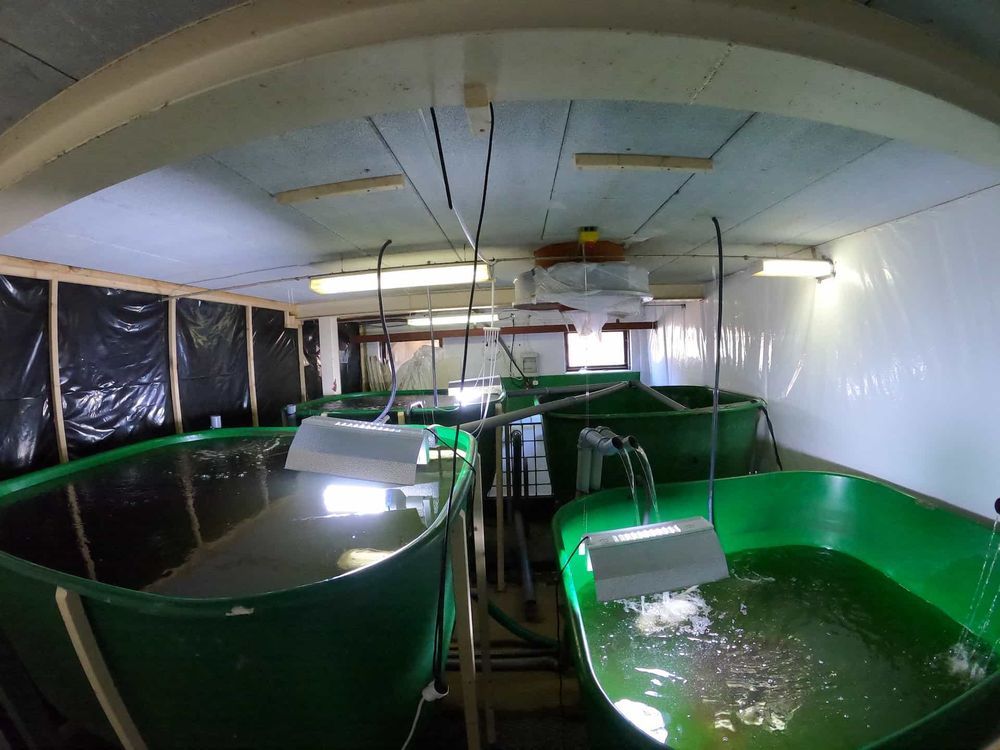
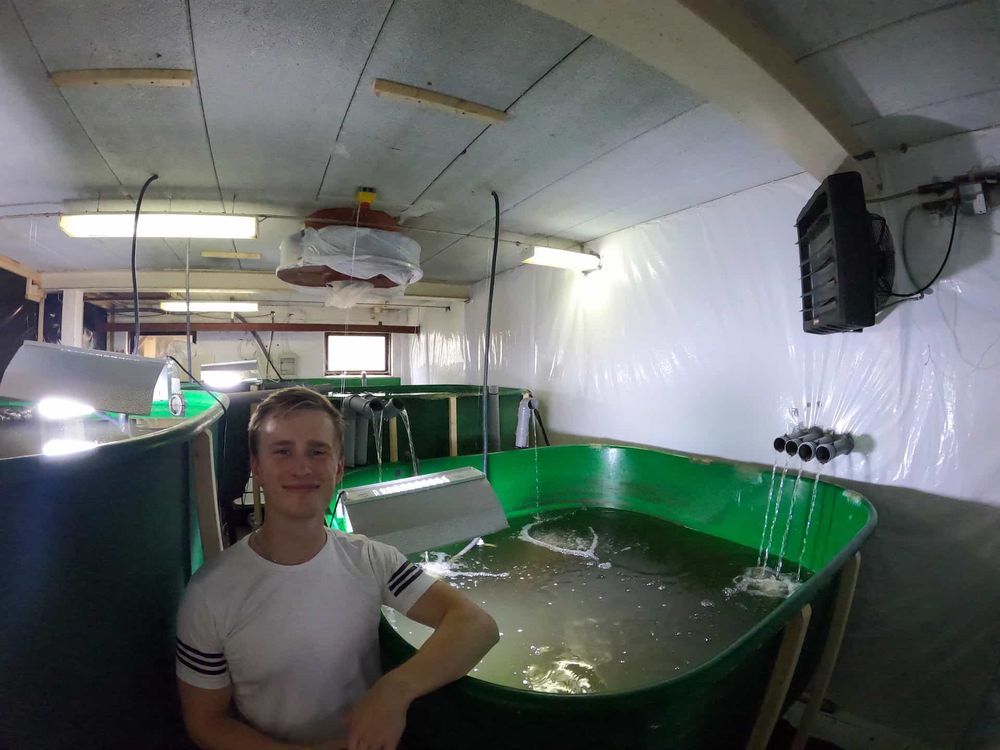
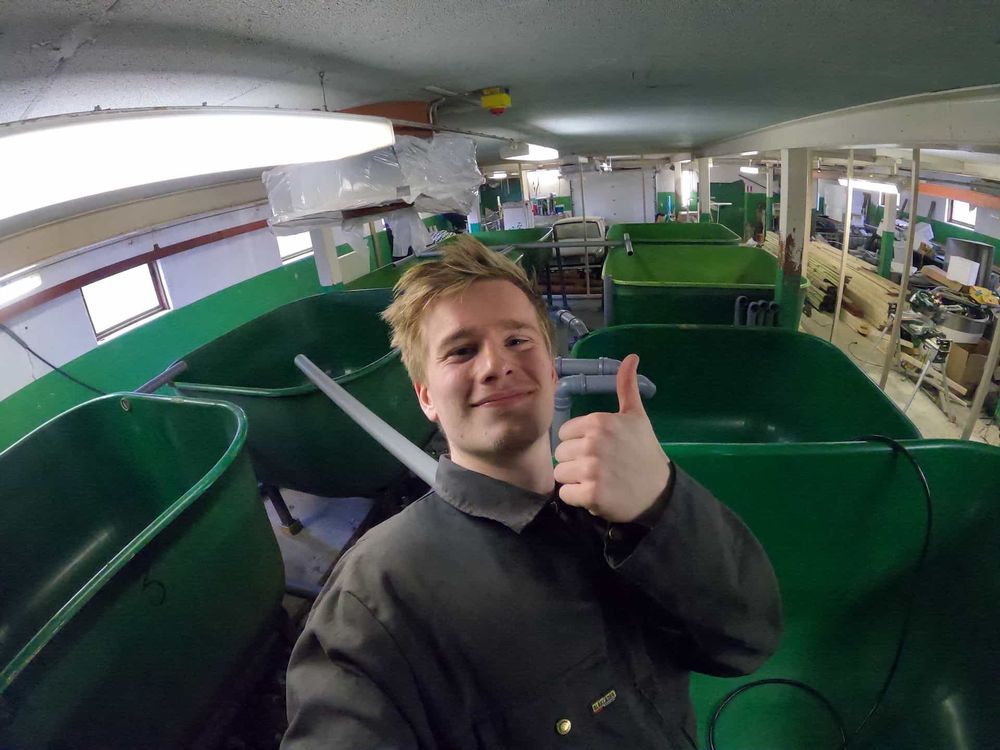
The technology developed by Kiessling and Zimmermann is actually commercially verified for tropical climates. The first task for Nära & Naturlig was to verify that it also works at more northern latitudes.
"The major markets for this are the USA, China, and Europe. So what we have done now in a pilot study is to verify the technology in colder climates."
Now the company is in a phase where a first investment round is being prepared where the money will primarily go to a large-scale verification of the technology.
The problem and the solution to unsustainable fishing
Despite increasingly efficient fishing methods, the amount of wild-caught fish stagnated during the late 1980s. Just over a third of the fish stocks have since been overfished. The sharp increase in demand for fish in recent decades has therefore been met by farmed fish.
"How do we realistically end this? We simply need to fish less and develop sustainable methods to meet demand. Our alternative is to produce farmed fish and shrimp that are not dependent on the ocean's resources, because today's farmed fish and shrimp are fed with fish from the oceans. The entire industry is therefore dependent on more fish from the oceans, while our research shows that we can use one hundred percent plant-based feed."
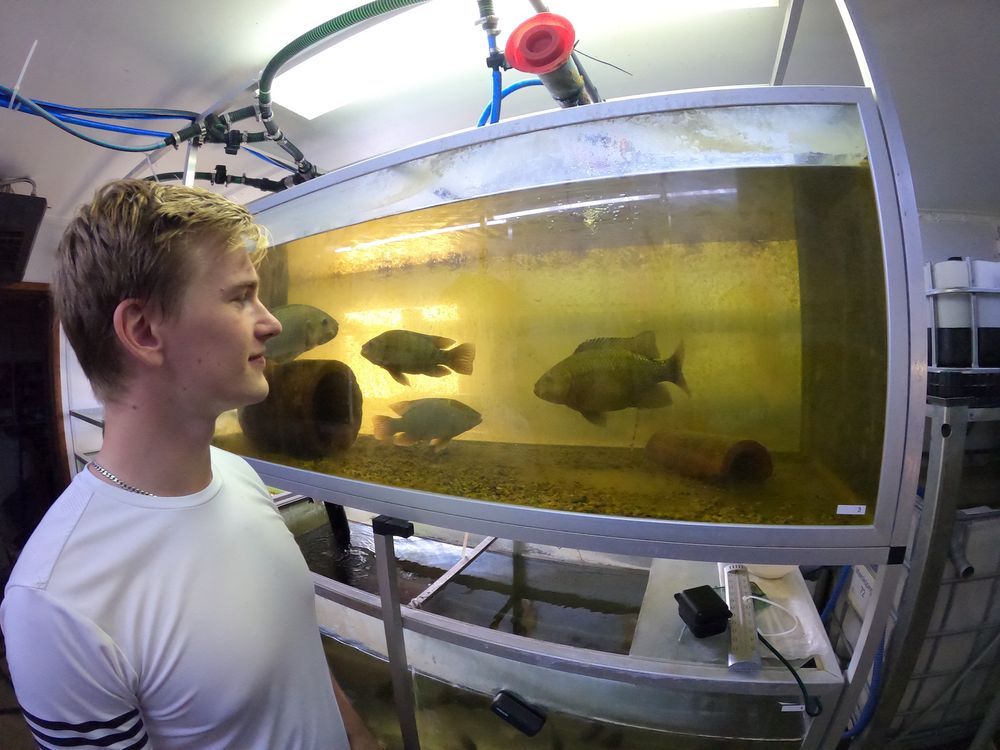
The driving force is largely sustainability. There are major sustainability issues in the ways we currently grow fish and shrimp. Mattias Djurstedt believes that the method they work with, where the fish species Tilapia and giant prawns are grown in symbiosis, can solve this problem.
"But the entrepreneur in me also sees that it can not only be sustainable. We also get 15 percent lower production costs and we get a better product quality. We have all the parts needed, better sustainability, better economy, and a better product. This is what attracts, that it has a positive impact and great potential."
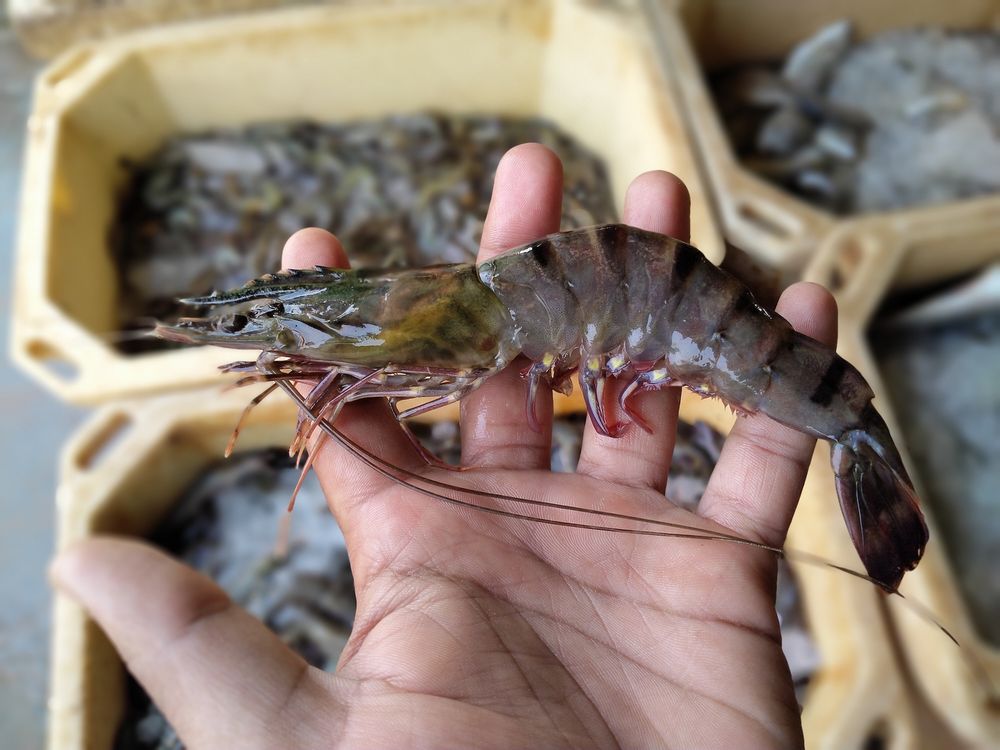
"Taking on this has been the biggest personal development of my entire life"
It can be both more sustainable and cheaper, says Mattias Djurstedt. The ultimate goal is to be able to offer a sustainable and economical way to grow fish and shrimp that can expand worldwide. Above all, he sees potential in developing countries where this alternative is needed most because it is where the most unsustainable fish is produced.
"I have an inner drive to make a positive impact on the world. I'm not a fish or shrimp nerd, but I got this chance to collaborate with the professors and I have a good education for it. So now I see my chance to make a difference in the world and test my own limits and it's very fun."
Mattias points out that he would not have done this if it was not fun.
"I have a lot of fun every day and taking on this has been the biggest personal development in my entire life. It unlocks a lot of opportunities for me too. I am only 23 years old, and this network I have now will really benefit me."
The driving forces are impact, personal development, and adventure.
"I want my life to be an exciting adventure," Mattias Djurstedt concludes.
👇 Read about more people who want to create a positive impact.
